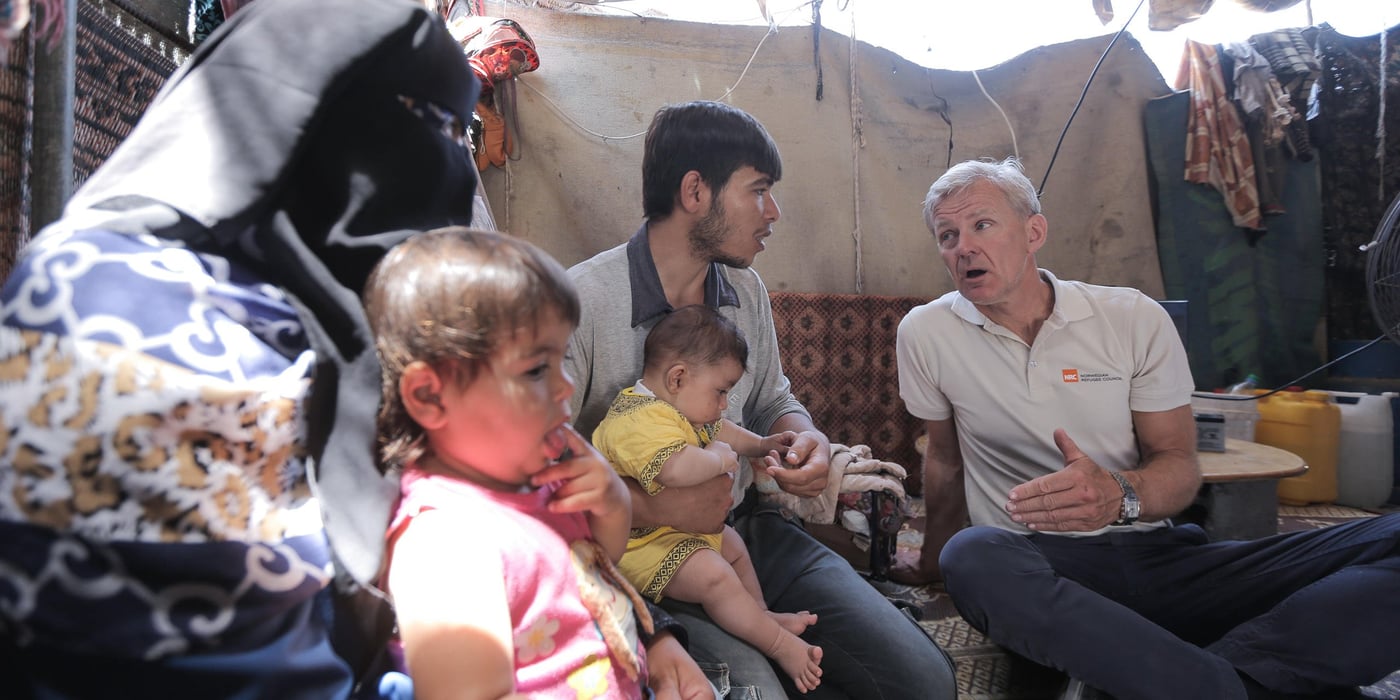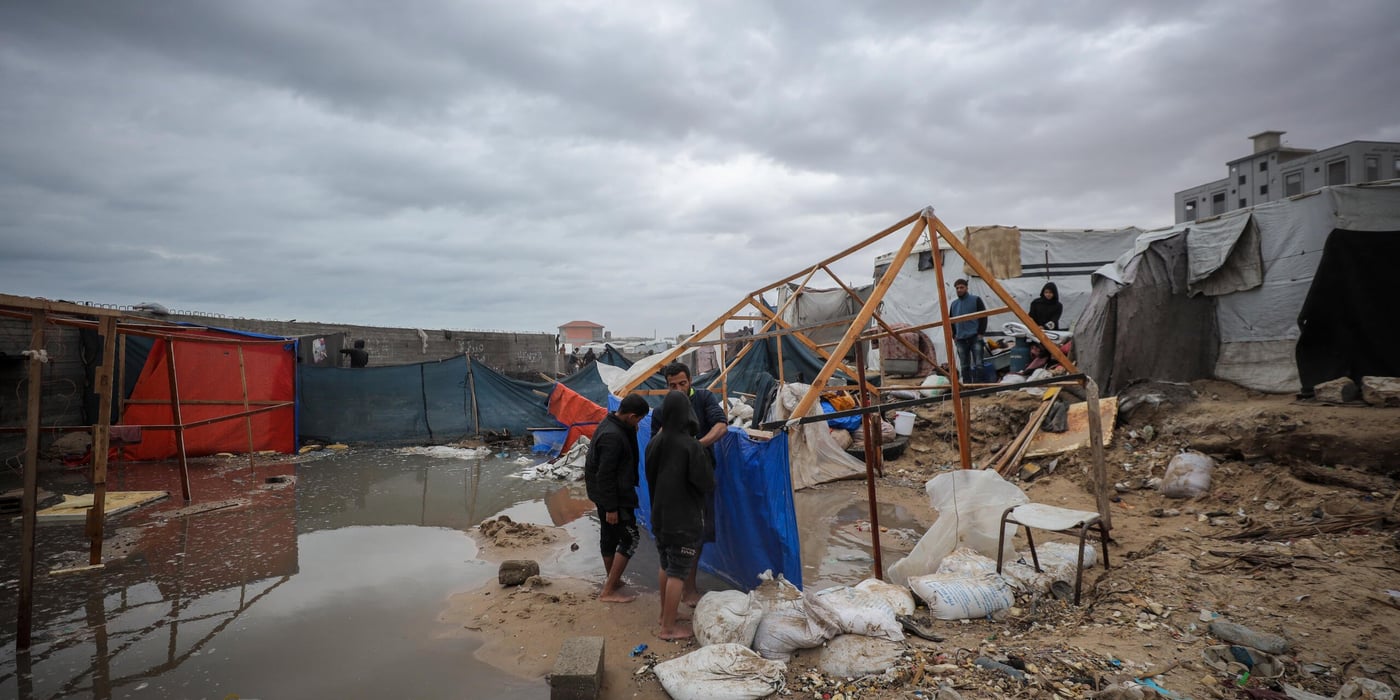
The Norwegian Refugee Council today warned that unless the ongoing injustices against Palestinian civilians are addressed there can be no meaningful peace process.
“This 50-year-old festering wound is a reflection of a capitulation of Israeli, Palestinian and international leadership in the search for peace and reconciliation. Two generations have already lived under occupation and in mounting disillusionment and despair. Both Palestinian and Israeli children are denied a future in peace and security,” NRC Secretary General Jan Egeland said today at a press conference in East Jerusalem.
“Through our work we see, year after year, Palestinian families losing their land, homes, livelihoods and prospects of a dignified future. Thousands of children we help in schools have lost their childhood and face violence and extreme distress.
Right now, 350,000 people in 67 communities in the West Bank are at a risk of forcible transfer. The Israeli government has given 11,000 demolition orders affecting 13,000 structures.
Last year saw the destruction of over 1,000 Palestinian houses in the West Bank, including East Jerusalem, nearly one third of which were built by donor funding. 8,754 men, women and children were made homeless or were directly affected by the demolitions. So far this year, a further 256 Palestinian structures have been demolished, affecting 5,039 people.
In Gaza, two million Palestinians remain under a crippling siege that cuts them off from the rest of the Palestinian territory and the world. Unemployment is now at a staggering 42 per cent. Eighty per cent of the Gazan civilians depend on humanitarian aid. More than 5,500 houses destroyed in Israel’s last war on Gaza three years ago have yet to be rebuilt. There are no clear signs of when the reconstruction for most of them will begin in the absence of committed funding.
“Palestinian youths told me they felt all their dreams had been demolished together with their homes as they were destroyed in 2014. Today they are among the many without a job and with dwindling hopes for a better future,” Egeland said. “The continuous rivalry between Palestinian authorities in the West Bank and Gaza is exacerbating the crisis. Palestinian leadership must set aside their political divisions and put the interests of their own civilian population first.”
Three years on, 33,000 people remain displaced by this war. Gaza’s society is at the brink of collapse as the severe power shortages have all but ground it to a halt.
“When you look at the reality on the ground, with the use of force and illegal expropriation of land, the measures seem intended to push Palestinian families out of their own land,” Egeland said. “We see continuous illegal settlement expansion while Palestinians are banned from developing and maintaining their own properties and livelihoods.”
Since the signing of the Oslo Accords, the settlement population on Palestinian land has more than tripled in what is an illegal policy under international law, but pursued by consecutive governments of Israel.
While donor-funded humanitarian aid has provided a lifeline to impoverished and disenfranchised Palestinians, the Israeli government persists in its systematic policies to obstruct humanitarian assistance from reaching its intended beneficiaries. For more than a decade, NRC has helped thousands of Palestinians in Israel’s courts, contesting home demolitions and forcible transfers, but only 37 per cent of such cases were decided in their favour.
“We are now seeing attempts to annex large parts of the West Bank, to forcibly transfer people and to undermine any meaningful two-state solution,” Egeland said. “We will continue challenging such violations of international law. It is important that Europe, the United States and other international actors hold Israel to account for its ongoing breaches. We are tired of documenting violations, and building and rebuilding through foreign funding what is then destroyed by armed men. Fifty years of occupation must end. Only then will we have a peaceful resolution between mutually respectful neighbours”.



